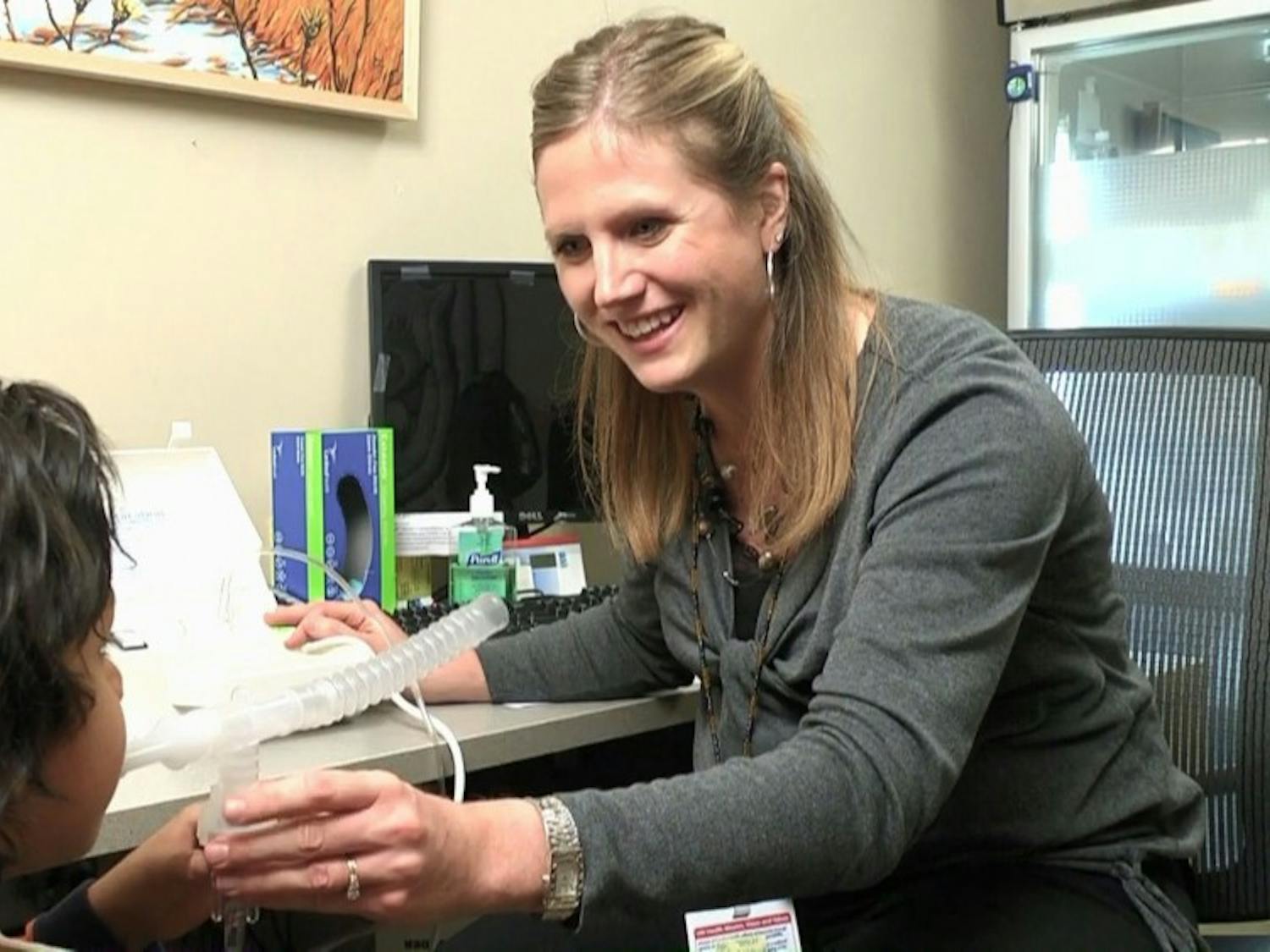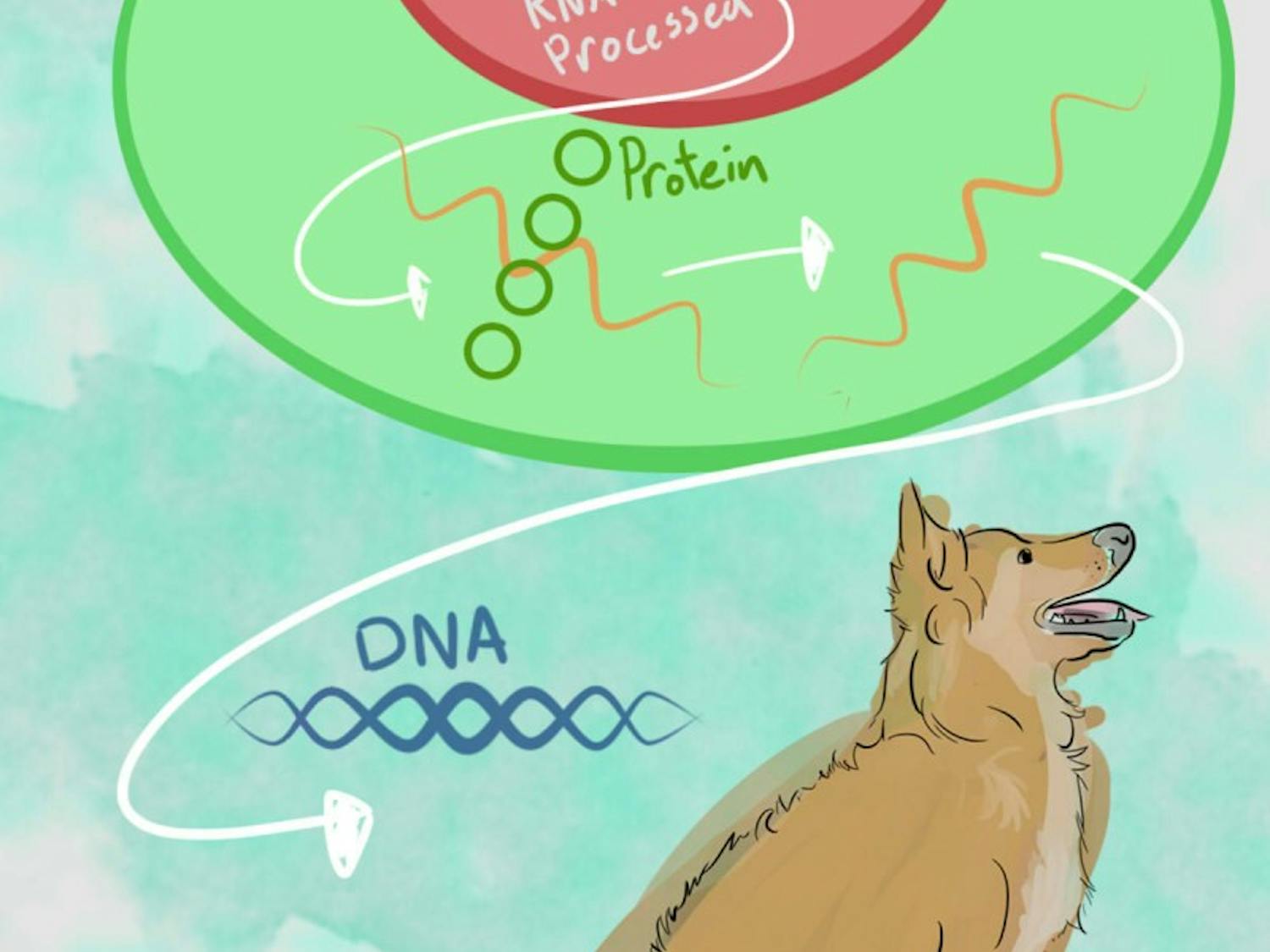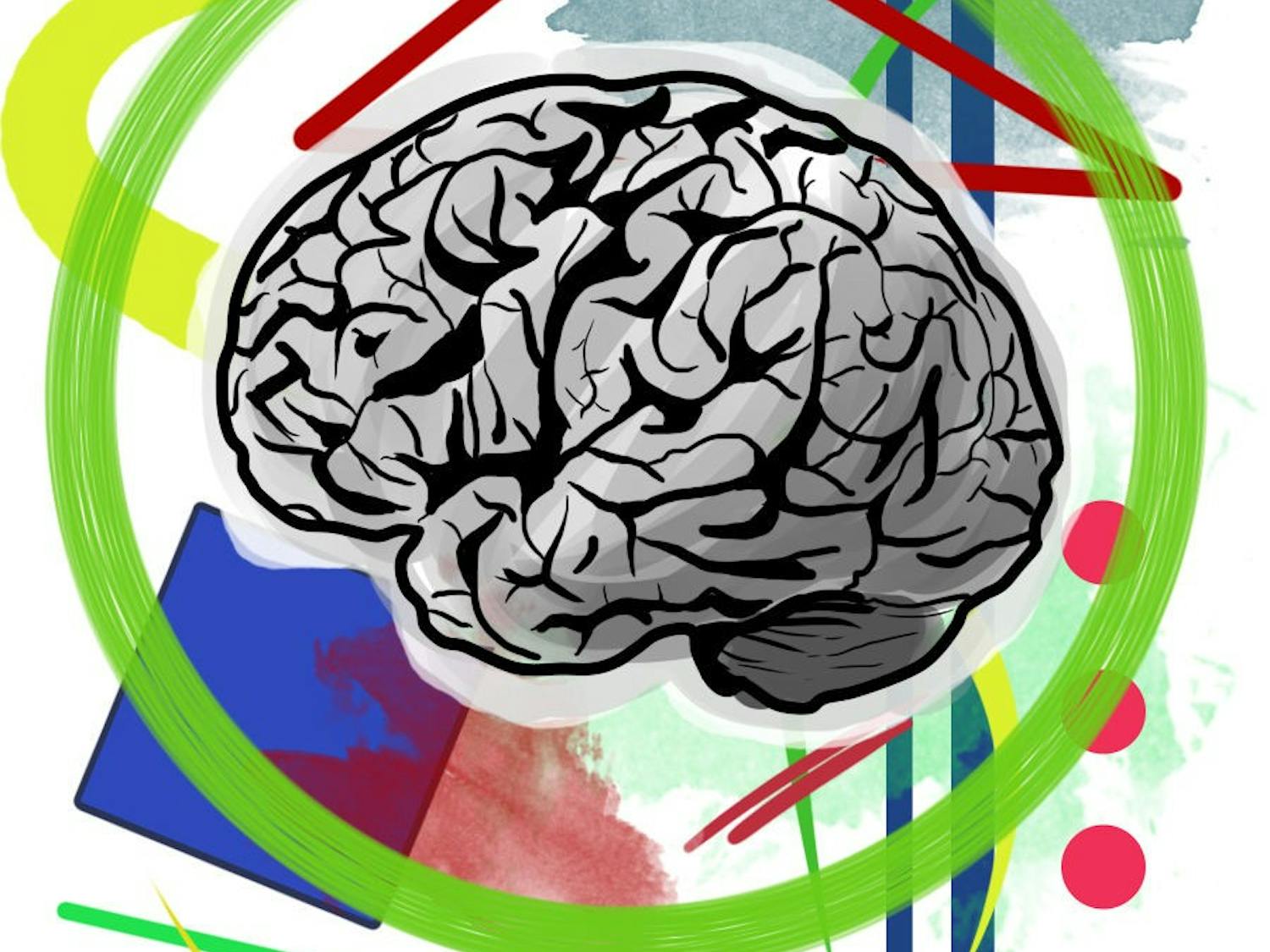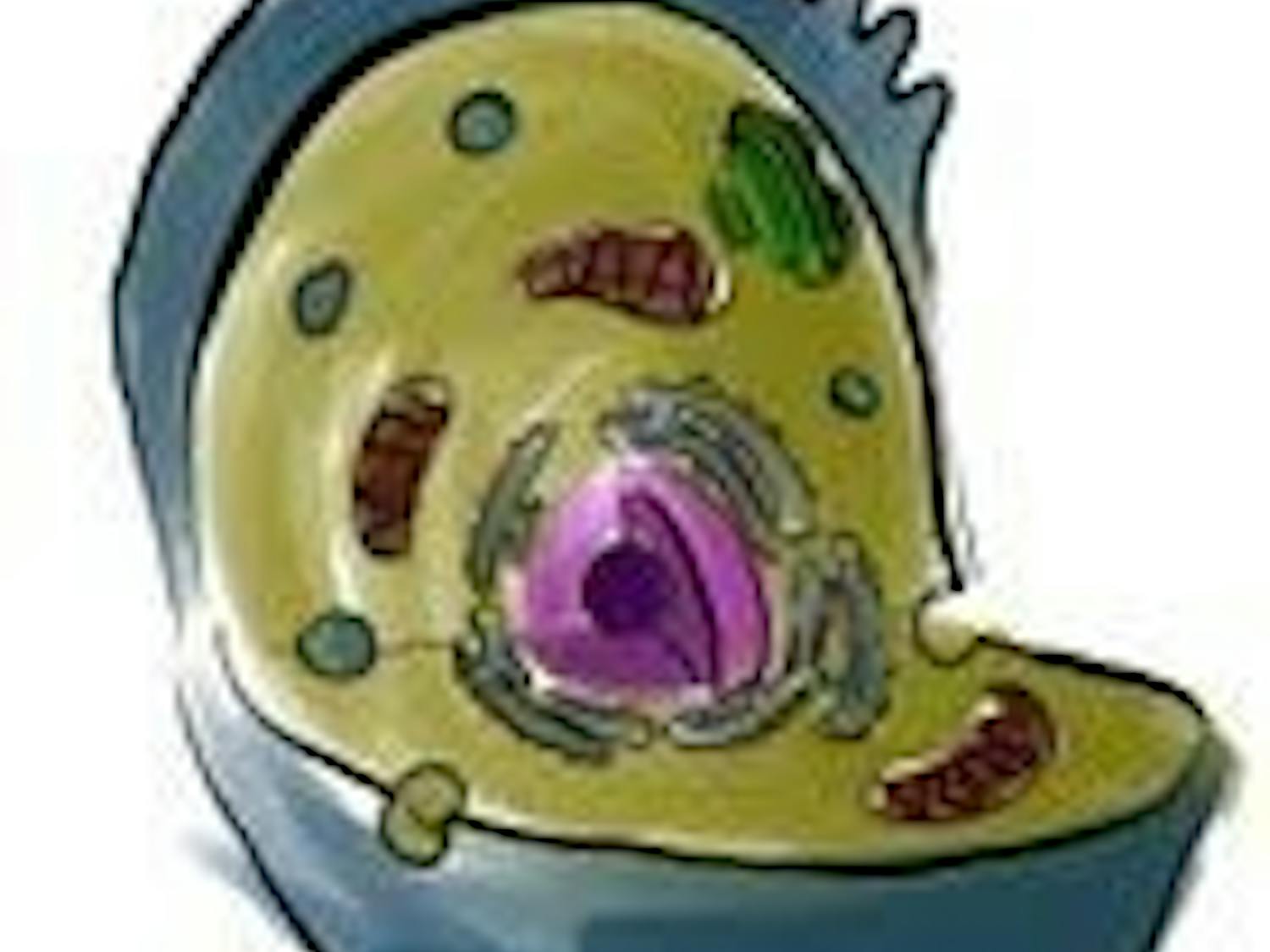Inactive Fragile X proteins prevent neuron maturation
By Jacob Blitstein | Aug. 10, 2015Recent technological advancements such as high-throughput genome sequencing and functional magnetic resonance imaging (fMRI) have allowed researchers to discover more about the human body and its inner biological secrets than ever before. Scientists are now able to uncover the sequences of entire genomes for almost any organism on the planet.








